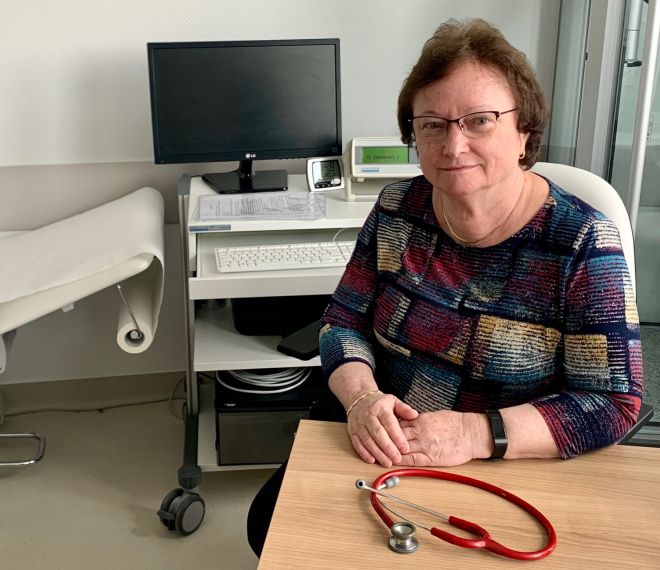Respiratory diseases in childhood

Respiratory diseases are the most common from infancy to adolescence.
The vaccinations received in childhood protect against many infectious diseases (diphtheria, rubella, measles, mumps...), and as a result, our immune system has been retuned in the direction of allergies. Our changed life, the increase in air pollution, the appearance of more aggressive allergens, changes in our internal environment, climate change, are all factors that strengthen the appearance of allergic diseases in childhood.
The atopic march
When can we talk about atopic march?
The successive appearance of allergic diseases in early childhood is called the atopic march, eczema (infancy) → asthma (in kindergarten) → allergic rhinitis (in school).
Allergic skin changes and eczema first appear in infancy, the cause of which is usually food allergy. Cow's milk allergy is also not uncommon in breastfed babies, if the mother consumes a lot of milk and milk products. Cow's milk proteins pass through breast milk to the baby.
If we do not treat it, the next disease is suffocation that appears in childhood, prolonged coughing, and shortness of breath that increases with physical exertion, which can draw attention to the appearance of asthma.
The child constantly has a runny nose and sniffles. In the summer, when the weather is good, the symptoms are most noticeable. In such cases, you must think of an allergy caused by pollen. If the common cold persists throughout the year, the causes include house dust mites, mold, or pet fur, saliva, and excrement.
Respiratory diseases, viral and bacterial infections are common among children who go to the community (nursery, school), but if the family doctor already prescribes the 5th or 6th course of antibiotics within a year, then you should think about other diseases as well, it is worth visiting a pediatric pulmonologist or allergist , immunologist.
Obstructed nasal breathing, constant coughing, and suffocation take a toll on the child, he cannot sleep, he is tired, and his ability to concentrate decreases.
We can help a lot with appropriate drug treatment, knowing the root causes, eliminating them, and removing them from the environment.
At the pediatric pulmonology clinic, it is possible to perform a skin test for respiratory and food allergies, to perform respiratory function and imaging tests, which provide information about changes in the lungs. We can confirm dyspnea due to physical exertion with a respiratory function test under stress. Laboratory tests can be used to confirm the immune deficiency state, which can also be the cause of repeated respiratory symptoms.
Clarifying the underlying causes of respiratory symptoms is very important, because accordingly, we can help eliminate the symptoms with special treatment.
If you want to book an appointment for a pediatric pulmonary specialist examination, you can do so via our telephone customer service at +36 1 790 7070 or online!
Get to know our pediatric pulmonologist:
